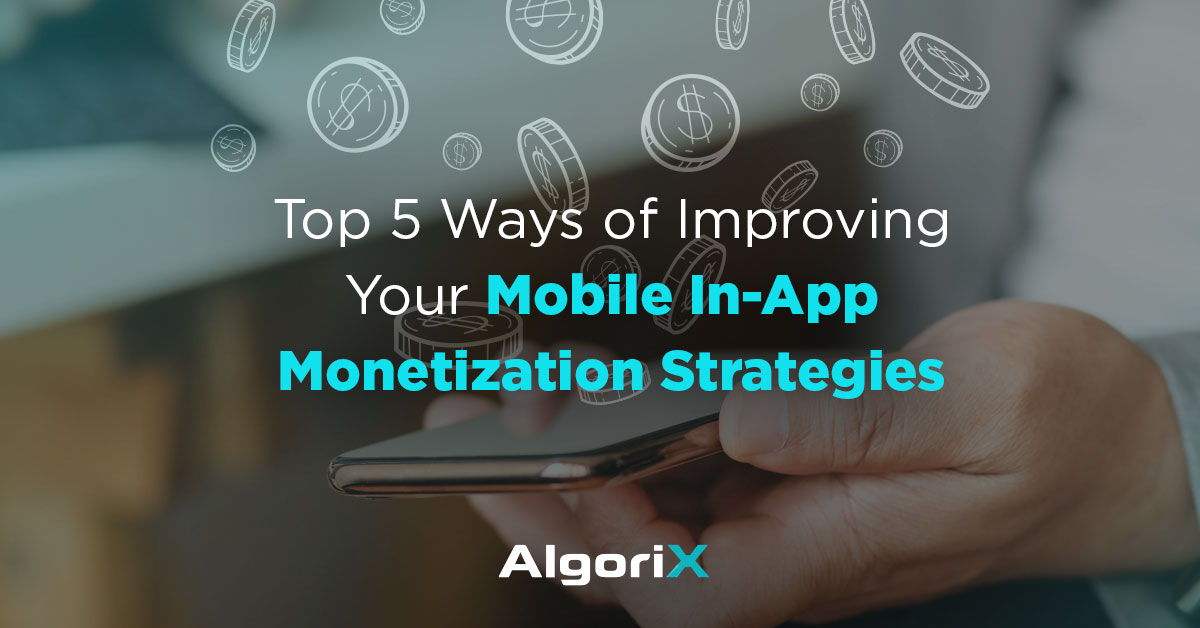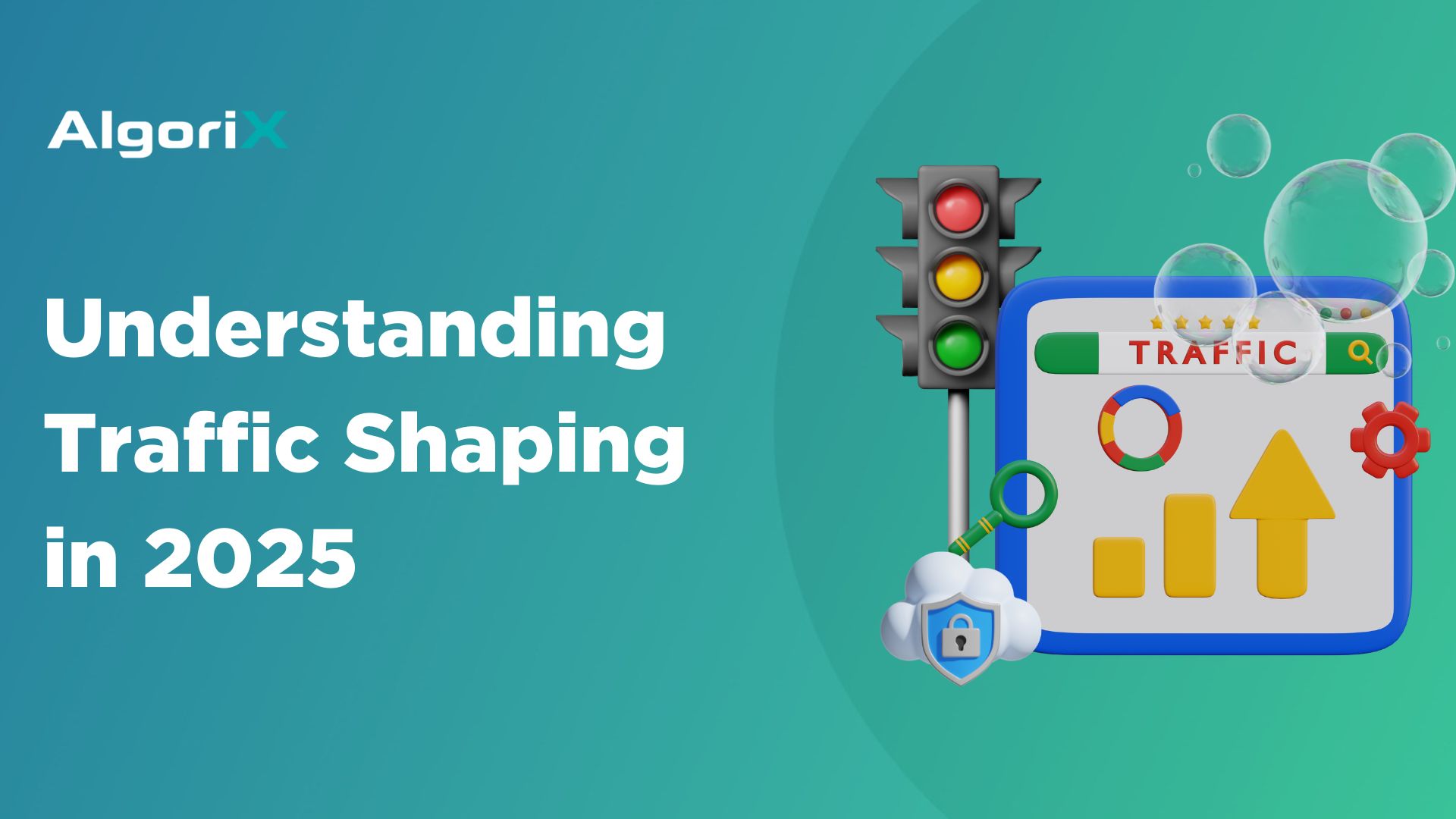When you want to develop a mobile app for a business, you want to make sure that they would be engaging enough to help amplify a brand. While you can come up with many strategies to market any brand, there’s one more thing that you can use your app for – monetizing it. Do you know how you can generate income using your app? Read on to learn more.
Effective In-App Monetization Techniques
1. Building a Strong Code
If you are the one responsible for building your own code, make sure that it is robust. This means ensuring that it can be flexible enough to accommodate collaborations and partnerships. Once it becomes successful, you can expect other brands to come to you. You can monetize your app without causing any disruption to your end-users by licensing your code to other developers that may be interested. Take, for example, Temple Run. It was re-skinned to become Temple Run Oz to accommodate its partnership with a film. To make your monetization strategy work, you have to begin with a secure and robust code.
2. Doing In-App Advertising
One of the most popular mobile monetization strategy is in-app advertising. Why? Let us list down some notable points:
-
It is versatile. With in-app advertising, you can offer tons of ad formats that will still preserve optimal user experience. For instance, you can choose from AlgoriX’s different ad formats to see which one works best for your mobile app.
-
It is highly targeted. In-app advertising is an effective method of targeting its chosen audience. As such, brands are willing to pay the price to get their message across.
-
It helps keep the app free. Most apps nowadays have tons of features, and it comes with a price. To keep these apps free, they often run video ads, and this allows them to scale to an audience willing to download an app at no cost.
-
It provides control. Most publishers prefer doing in-app advertising because they retain control of choosing advertisers and dictate the price they want for running the ad.
3. Offering In-App Purchases
One of the significant advantages of providing a free-to-download app is the flexibility of charging users through in-app purchases. They are particularly beneficial for mobile games where users can choose to buy power-ups, extra lives, in-game currency, and other bonuses. When applied appropriately, in-app purchases can be a highly effective in-app monetization strategy, especially since it is expected to breach the US$71 billion mark this year.
4. Creating Subscriptions
Subscriptions fall under the category of in-app purchases. In-app purchases are directly consumable, which means transactions can be one-time only. Subscriptions, on the other hand, provide multiple opportunities for revenue. To do this, however, you must offer good value to your subscribers. Spotify, for one, is a perfect example of a subscription strategy done right.
5. Getting Sponsorships and Partnerships
Another effective yet undervalued in-app monetization strategy is securing a partnership with a brand with a similar customer base and an offering that would provide valuable experience for your current and potential users. Partnerships and sponsorships can increase your visibility and trustworthiness in the industry, and this can encourage users to download your app. Once this happens, you can apply all the other in-app monetization strategies mentioned here to increase your bottom line and further increase the success of your mobile app.
In-app monetization can come in many forms. Keep in mind, however, that the most effective would depend on what app you have. For example, gaming apps can do well by offering in-app advertising and in-app purchases. Whereas, monetizing lifestyle apps can be successful through subscriptions.
To learn more about how AlgoriX can help you monetize your app, contact us, and we would be happy to assist you.













